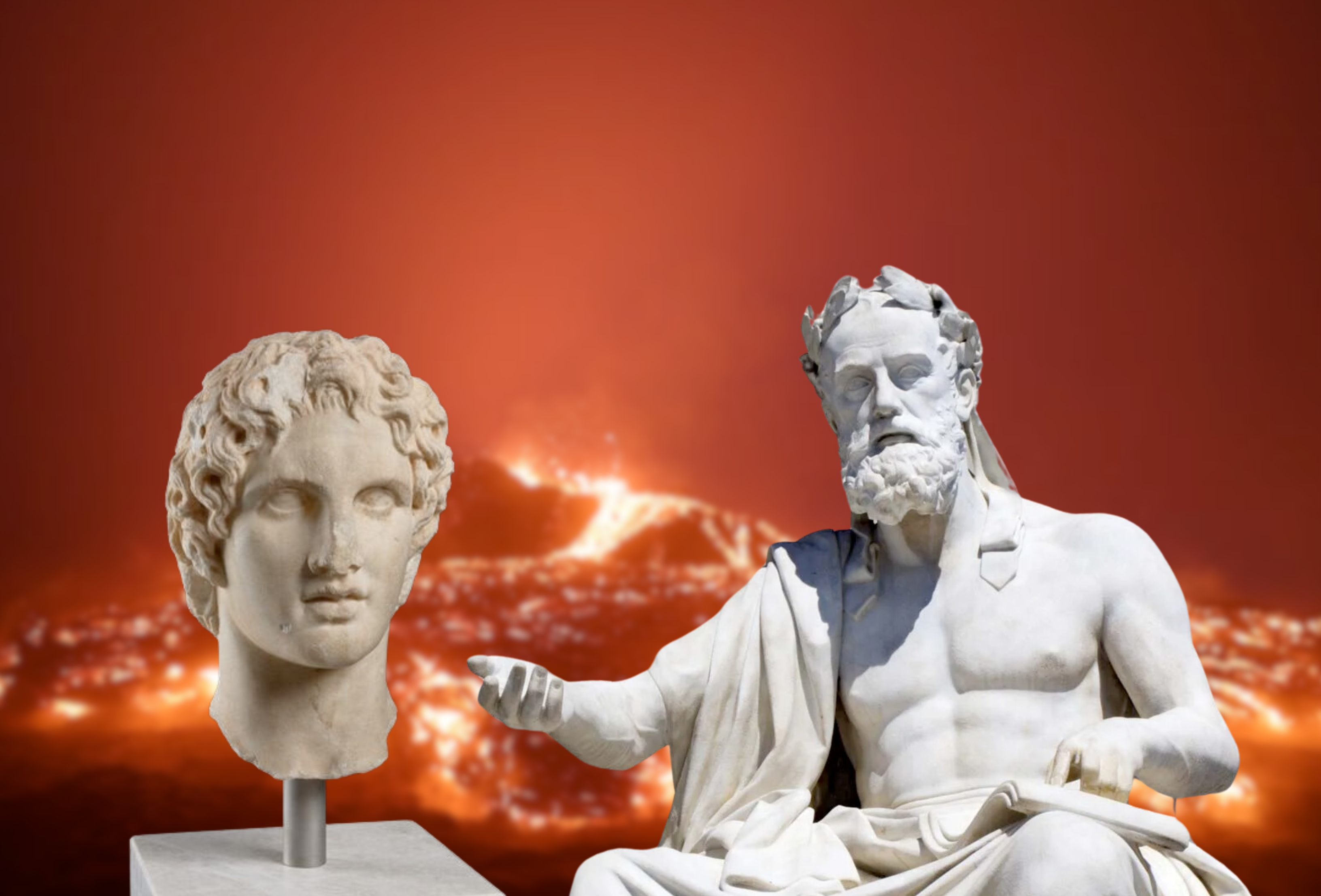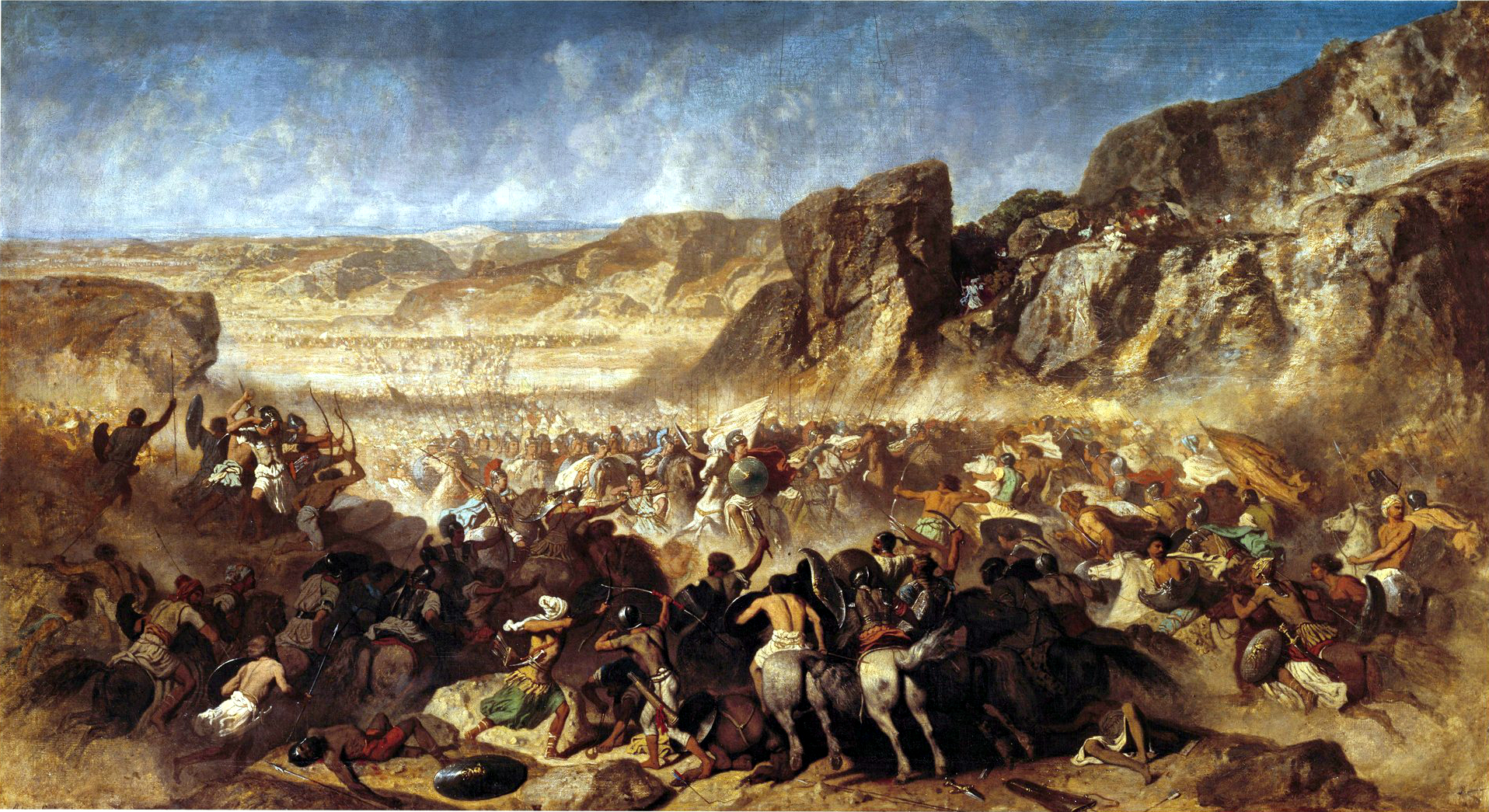crisis
10 Lessons That Inspired Alexander The Great, Part 5
March 2024

crisis
10 Lessons That Inspired Alexander The Great, Part 5
March 2024
Alexander The Great set into motion the events that would create the modern world. He studied and was inspired by Xenophon, a student-of-Socrates turned mercenary. Xenophon’s lessons on crisis leadership are timeless. In this series, we recount his epic, true story of war in the Anabasis and update this ancient wisdom to support you and your business the next time crisis hits.
STORY RECAP: Cyrus the Younger hires Greek mercenaries, The Ten Thousand, to kill his brother Artaxerxes II and seize the throne of the Persian Empire. Cyrus lies to The Ten Thousand about the purpose of their mission, excusing it as a law-keeping exercise against barbarians. When The Ten Thousand grow suspicious of the mission, they rebel. Their general Clearchus convinces them to trust Cyrus and continue with the mission. The Greeks are embroiled with in-fighting when Cyrus negotiates a shaky truce.
Artaxerxes and his army surprise Cyrus and the Greeks with an attack. The Greeks fend of the Persians. Stuck in tunnel vision, Cyrus attacks his brother and is killed.
--
We may find it easy to blame Cyrus. To cast him away as a “bad leader”.
We may even go as far as to assume we would fare better than Cyrus if we were in his same position.
This is an easy way to make ourselves feel better. A lazy technique to stop ourselves from asking, where are we making the same mistakes?
Cyrus, like all humans, was complicated. He had good qualities and bad qualities. And those same qualities live in each one of us.
After narrating the death of Cyrus, Xenophon stopped to admire his good qualities as a leader. Image that… amidst failure after failure, mistake after mistake, Xenophon wants us to reflect on the good in Cyrus, not just the bad.
--
Cyrus used several leadership strategies to gain followership amongst his army.
Xenophon recounts:
"Cyrus says, this is the best wine he has tasted for a long time, that is his excuse for sending it to you. He hopes you will drink it up to-day with a choice party of friends."
"This is Cyrus's favourite dish, he hopes you will taste it yourself."
For all his faults, Cyrus earned the loyalty of his men through generosity, fairness, respect, and people-reading skills.

Despite not setting a clear vision nor organizing his people well, he still managed to march an army to the doorstep of Babylon. Had he more personal restraint, he may have succeeded in his coup.
--
We turn from our analysis of Cyrus to reflections on Xenophon.
In the act of honoring Cyrus, Xenophon pays respect to his fallen leader.
It would be easy for Xenophon to go into blame, criticizing Cyrus for all his mistakes.
But in doing so… Xenophon and us the reader would not learn anything! We would be stuck at blaming and criticizing.
Xenophon’s attempt to humanize Cyrus and share his strengths is an act of leadership in and of itself.
In seeing the whole picture, we have been given the wonderful opportunity to learn.

